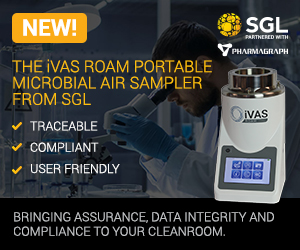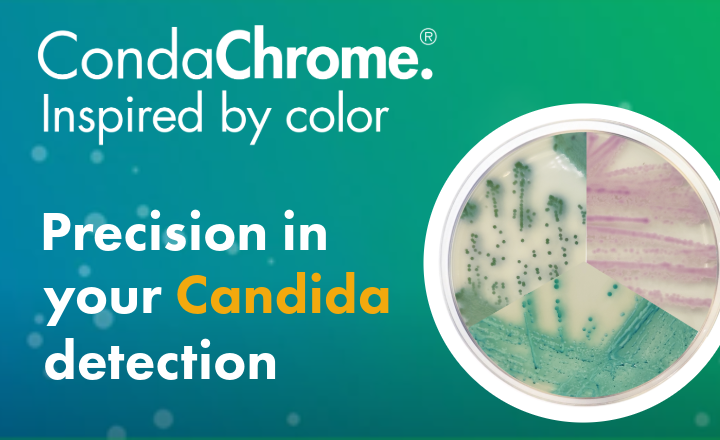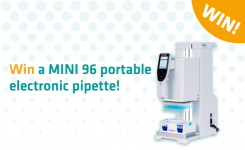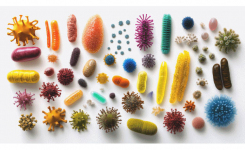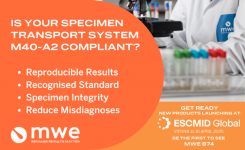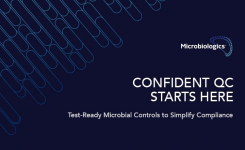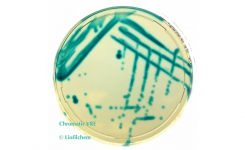Study Published in Future Microbiology Demonstrates Significant Cost and Survival Benefits for T2 Biosystems' T2Candida Panel for Sepsis
A recent study in Future Microbiology, conducted by IMS Health, found that in a 500-bed hospital with an average of 5,100 symptomatic patients at high risk for developing a Candida infection, early detection with the utilization of the T2Candida panel could provide an annual cost savings of approximately $5.8 million and the prevention of 60 percent of Candida-related deaths.
"We believe these data are extremely compelling and highlight the potentially meaningful benefits of early detection of Candida with our T2Candida Panel – including significantly reducing hospital costs, and more importantly, saving so many patient lives," said John McDonough, chief executive officer of T2 Biosystems. "The findings from this study support our goal of changing the paradigm in sepsis diagnosis, and we look forward to the opportunity to help implement this important change for patients, physicians and hospital administrators."
The study evaluated cost-effectiveness and the impact to hospital budgets using a decision tree model. The model calculated the economic effect of adopting a T2Candida diagnostic strategy over one year in a hospital setting.
Key findings included:
- A typical 500 bed hospital with 5,100 annual high-risk patients could save as much as $5,858,448 annually. This reflects a cost savings of $1,149 per patient tested and a positive return on investment in less than one month.
- In all scenarios tested, even the most conservative, the T2Candida Panel delivered significant cost savings, with the lowest potential outcome being $4 million in savings.
- There were cost savings for patients who tested both positive and negative for Candida. Early detection allowed for timely, accurate treatment as necessary, and cost avoidance when not needed.
- Rapid detection avoided 31.7 patient deaths, or a reduction of 60.6 percent Candida-related deaths per hospital.
"Given the increasing demand for efficiency and improved outcomes in the hospital setting, it is critically important to understand the potential for a new product to both positively impact patient care, as well as budgets," said Julie Munakata, senior principal at IMS Health. "At IMS, we perform many independent analyses and rarely do we see both cost savings and mortality prevention from new products."
The test is a miniaturized, magnetic resonance-based diagnostic approach that measures how water molecules react in the presence of magnetic fields and is capable of detecting a variety of targets. The T2Candida Panel is the first sepsis pathogen diagnostic that provides species-specific results in three to five hours without the need for blood culture, which can take up to six days to provide a result. The rapid detection of Candida enables physicians to provide targeted treatment quickly, and research has shown this can reduce a positive sepsis patient's length of stay in the hospital by almost nine days at a cost savings of approximately $26,887. A rapid negative result can prevent unnecessary administration of antimicrobials, further reducing costs. In addition, a rapid negative result can prevent or reduce antimicrobial resistance, which the Centers for Disease Control and Prevention has designated a serious threat.
The T2Dx Instrument and T2Candida Panel have received marketing authorization from the U.S. Food and Drug Administration.


